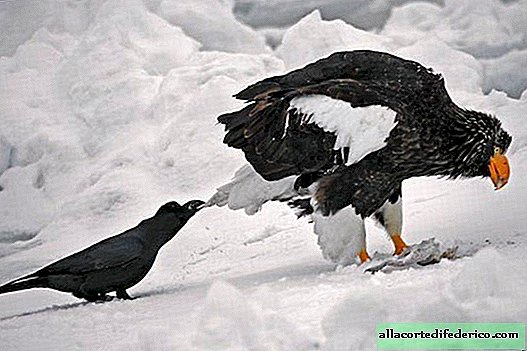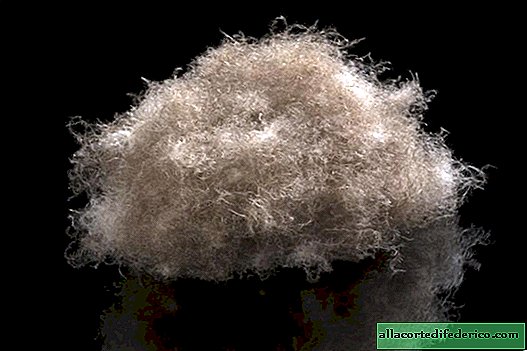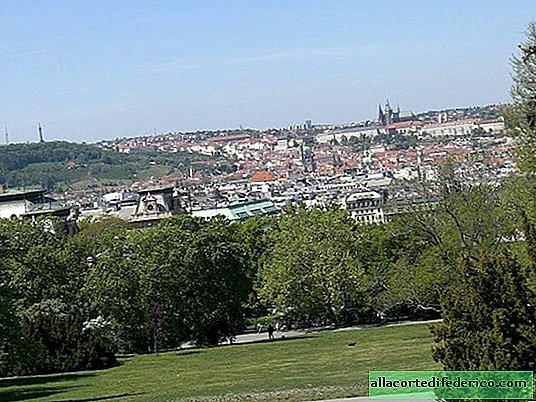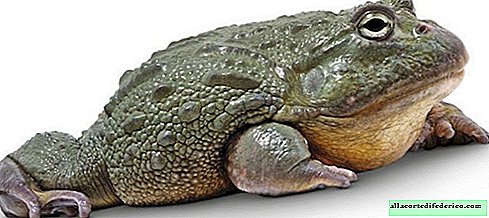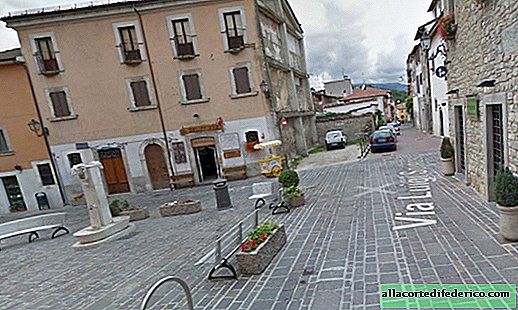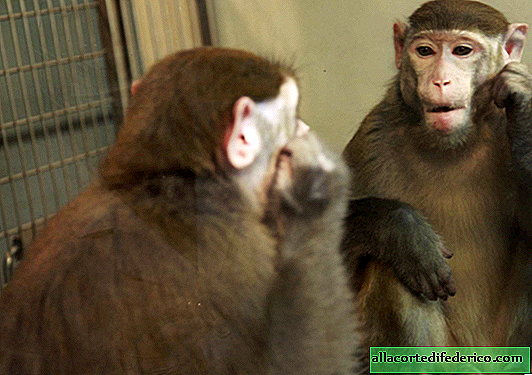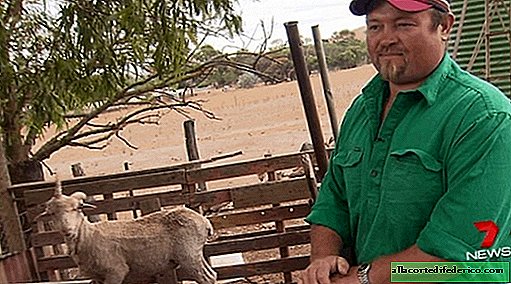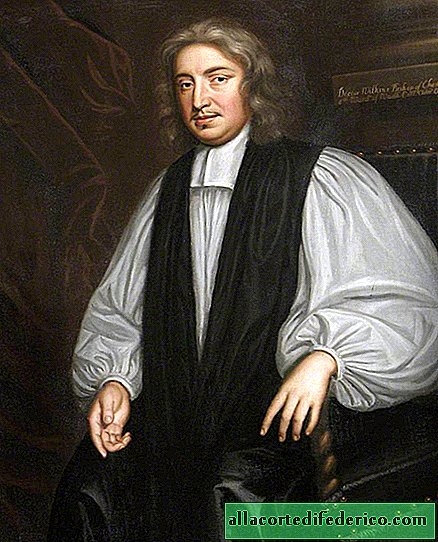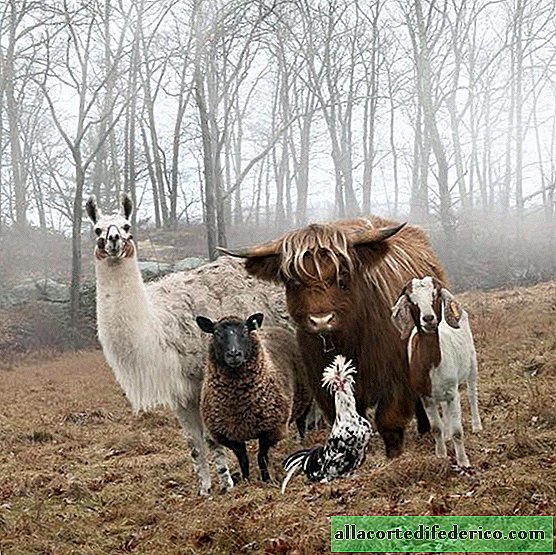Germans: one people and two countries that cannot be united
If the French constitute the majority of the inhabitants of France, and the Italians are the main population of Italy, then the Germans are some exception to this rule. The fact is that ethnic Germans make up the majority of the population not only in Germany but also in Austria, where Austrian Germans live, as well as in Switzerland, where they are called German Swiss, and in the dwarf state of Liechtenstein. We will talk about Germans, such a different German language, and why Germany and Austria are not allowed to unite into one state, in our review.
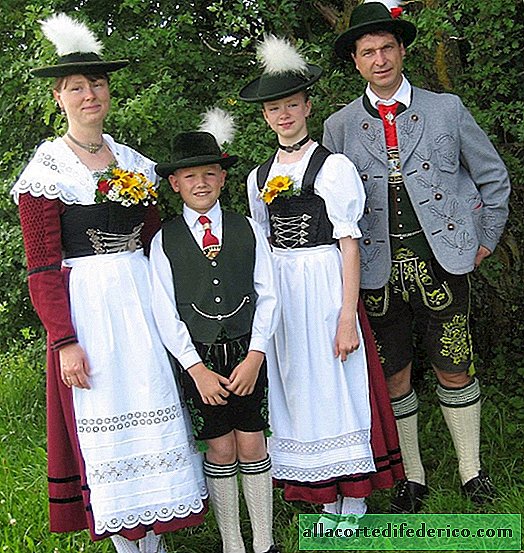 German family in national costumes
German family in national costumesThe German language descended from the Pragerman language and belongs to the western subgroup of Germanic languages that make up the Indo-European family. It is one of the most common languages of Europe and the world. Moreover, not only ethnic Germans speak German, but also many of their neighbors in the European Union.
 Level of knowledge of the German language in Europe
Level of knowledge of the German language in EuropeInterestingly, the German language itself is very heterogeneous and has many dialects. Linguists believe that this is due to the long period of feudal fragmentation of the German lands and the late unification of the German nation, which occurred only in the XIX century. Some dialects are so different among themselves that it is difficult for Germans from different regions to understand each other. The classical literary German language, which is the state language in Germany, was formed on the basis of the High German dialects spoken in the central and southern parts of the country. In the northern part of Germany, the Low German dialect is widespread.
 Berlin is the capital of Germany
Berlin is the capital of GermanyThe language of Swiss Germans is represented by Alemannic dialects, which are also distributed in the extreme southwest of Germany. Moreover, the German language in Switzerland differs significantly from the literary German language, which is spoken in Germany, and has specific features of the grammatical and phonetic system.
German is an official language in neighboring Austria. And if in Switzerland, where there are a lot of French, Italians and other peoples, Germans make up about 65% of the population, then the vast majority of Austrians are ethnic Germans. Austrian Germans speak their own version of the German language, which, however, is very close to classical German, as it was formed on the basis of High German dialects.
 Vienna is the capital of Austria
Vienna is the capital of AustriaThe modern territory of Austria from the beginning of the XIX century was part of the Austrian Empire, then of Austria-Hungary and the Austrian Republic, and in 1938 was annexed to Germany and became part of the Third Reich. In conditions when Germany introduced its troops into Austria, this was inevitable, and the association itself was called the Anschluss. It must be said that most Austrians agreed to become part of Germany and welcomed the unification. After the fall of the Third Reich, Austria seceded from Germany, and its territory was divided into zones of responsibility between the allied forces. In 1955, Austria gained independence, and the Austrian State Treaty was signed. According to this document, Austria was declared free and sovereign, recognized as a militarily neutral country, and the Anschluss (political association) with Germany was banned.
The material is copyrighted, when copying a link to an article or travelask.ru site is required

